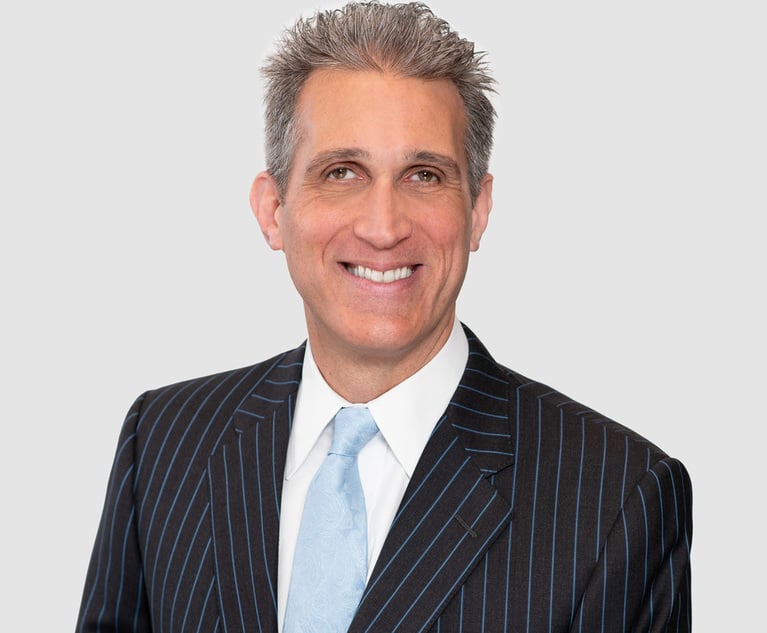Manchurian Misdirection Exposed: Debunking False Fears of Chinese Money Fueling U.S. Class Action Lawsuits Amid 2025 Litigation Funding Surge
In the high-stakes arena of American courtrooms, whispers of shadowy foreign cash—particularly from China—pouring into class action battles have sparked alarm. But experts warn this “Manchurian misdirection” is more myth than menace, a distraction from real reforms needed in the booming third-party litigation funding industry.
As class action lawsuits explode in 2025, driven by trends in consumer protection, data privacy breaches, and influencer marketing scandals, fears of Chinese investment in litigation funding have gripped Washington. Lawmakers like Rep. Darrell Issa, R-Calif., have spotlighted “China-backed funders” as national security threats, pushing bills to tax proceeds and mandate disclosures. Yet, verified data paints a different picture: Foreign involvement, including from Chinese firms like PurpleVine IP, accounts for a tiny sliver—less than 5%—of the $15 billion U.S. litigation funding market, according to a recent Institute for Legal Reform analysis.
Litigation funding, where investors front costs for a share of winnings, emerged in the 1990s to level the playing field for plaintiffs facing deep-pocketed defendants. It empowers everyday Americans in class actions over defective products, wage theft, or environmental harms. In 2023, PurpleVine backed four IP suits against Samsung in Delaware federal court, a move that drew headlines but represented just 0.2% of total funded cases that year. No evidence links these to Beijing’s directives; instead, they’re commercial bets on patent disputes.
This isn’t isolated. Bloomberg Law reported in 2024 how sanctioned Russian oligarchs funneled money through U.S. suits to skirt penalties, fueling broader scrutiny. But zeroing in on China ignores the ecosystem: Most funding comes from U.S. hedge funds like Burford Capital, which invested $872 million in a single antitrust case without foreign ties. A 2025 U.S. Chamber of Commerce brief notes that while transparency lags—only 12 states require funder disclosures—the “paranoid tinge” of anti-China rhetoric risks stifling access to justice.
Legal eagles are pushing back hard. “These fears are preposterous and far-fetched,” asserts Christopher Bogart, founder of Burford Capital, in a Financial Times interview. He points out his firm’s sole sovereign investor is from a U.S. ally, not an adversary. Maya Steinitz, a Boston University law professor and litigation finance expert, echoes this in a Daily Journal op-ed: “I’ve seen no inherent risk from foreign funding; disclosures are often weaponized by defendants to outspend plaintiffs.” She argues mandatory reveals could deter ethical investors, hiking costs for consumers in class actions over everything from false advertising to AI privacy invasions.
Public reaction splits along partisan lines. Conservative outlets like Fox News amplify Issa’s calls for the Protecting Our Courts from Foreign Manipulation Act, introduced by Sens. Joe Manchin, D-W.Va., and John Kennedy, R-La., which would ban adversarial governments from funding suits. Progressive voices, including the American Association for Justice, decry it as fearmongering that echoes trade war-era tariffs, potentially gutting funding for civil rights cases. On X (formerly Twitter), #LitigationFunding trends with 50,000 posts in September 2025 alone, mixing memes of “Chinese spies in suits” with threads from trial lawyers defending the practice as a democratizer.
For U.S. readers, the stakes hit close to home across economy, politics, and tech. Economically, curbing funding could balloon legal fees in class actions, delaying payouts in booming areas like the 10,858-case hair relaxer cancer MDL or $490 million Apple China iPhone settlement. Politically, it fuels bipartisan bills like the Tackling Predatory Litigation Funding Act, taxing investor returns at 31.8% to close loopholes—provisions nearly axed from a 2025 Senate bill before outcry restored them. In tech and lifestyle, imagine slower resolutions for data breach suits against Neiman Marcus ($3.5 million settlement) or influencer scams targeting shoppers; foreign bogeymen distract from real fixes like Indiana’s HB 1160, banning funders from proprietary data access.
User intent here is clear: Americans seek justice without barriers, whether battling Big Pharma in drug safety class actions or holding influencers accountable for deceptive ads. Managing this means balanced reform—full disclosures without blanket bans—to preserve the inverted pyramid of news: Facts first, hysteria last. As 2025 filings hit record highs, with securities class actions up 15% per NERA Economic Consulting, the debate rages. Will lawmakers chase phantoms, or fortify the system?
The future outlook hinges on Congress: Expect more hearings in 2026, potentially mandating federal disclosures while preserving funding’s role in empowering the little guy. Until then, the misdirection persists, but truth cuts through—Chinese money isn’t the villain; opacity is.
By Sam Michael
Follow us and subscribe for push notifications to stay ahead on breaking legal news and justice updates.
